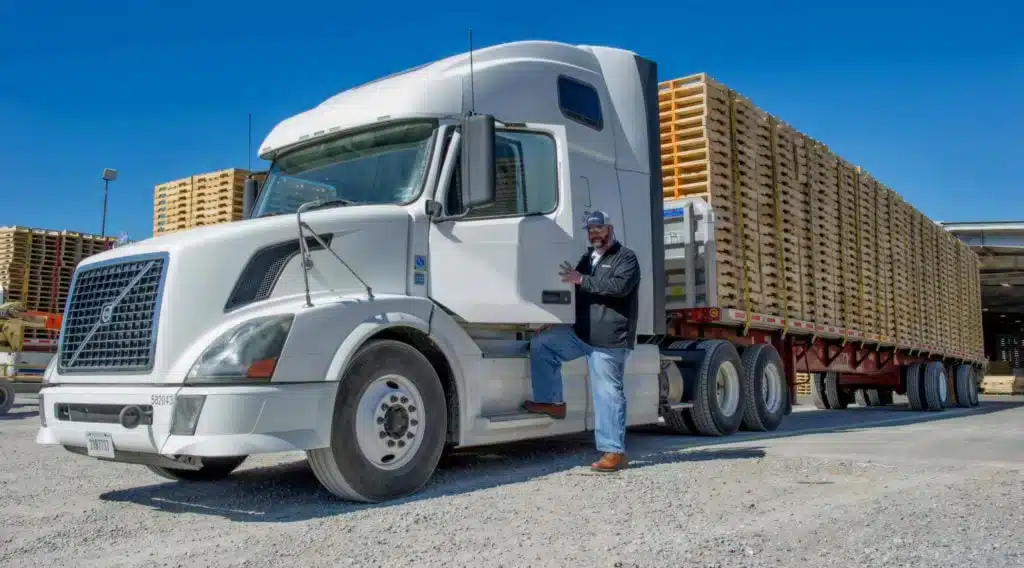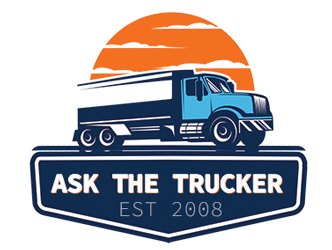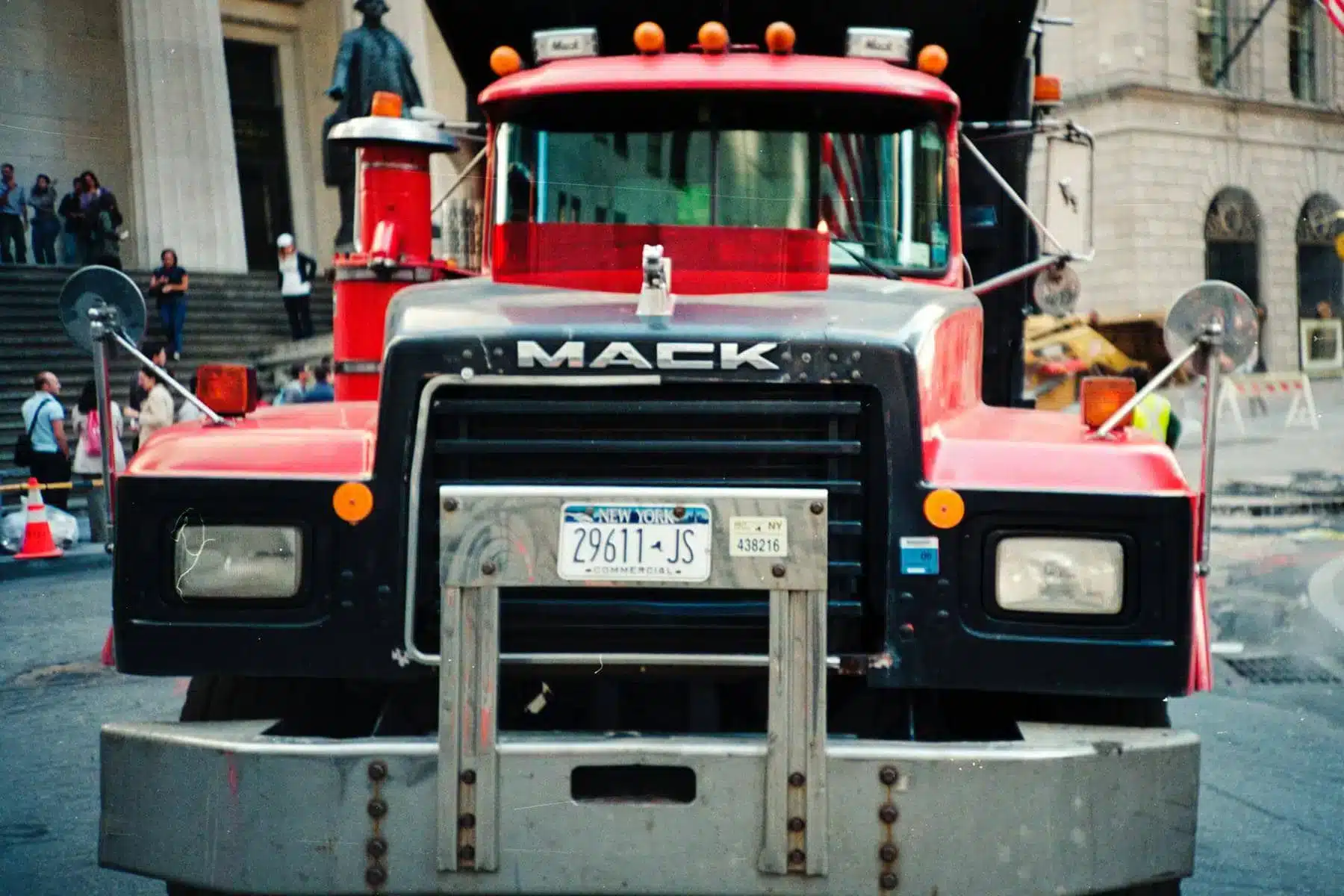How to Get Trucking Authority as a New Trucking Company
If you want to start a trucking company, two of the most important things you’ll need to do is get your authority and invest in good insurance coverage. Without these two essentials, you won’t be able to operate your business legally.

Let’s take a closer look at how to get your trucking authority and what to look for when buying new authority truck insurance.
How Do New Trucking Companies Get Insurance?
The Federal Motor Carrier Safety Administration, or FMCSA, requires all trucking companies to have active authority in all states.
Obtaining your authority is a multi-step process.
Determine What Type of Authority You Need
There are several types of authority. The right one for you will depend on what type of cargo you’ll be hauling.
- Motor Carrier of Property (except for Household Goods): You’re being paid to haul regulated commodities to the public.
- Motor Carrier of Household Goods (except for Moving Companies): You’re being paid to transport household goods exclusively.
- US-based Enterprise Carrier of International Cargo (except for Household Goods): Your business is headquartered in the US, but you’re transporting international cargo and the company is controlled or owned by a Mexican citizen.
- US-based Enterprise Carrier of International Household Goods: Your US-based company transports international household goods and is controlled or owned by a Mexican citizen.
Register Your Business
Once you’ve determined what type of authority you’ll need, you can decide on a name for your business and register it. Next, choose a structure or entity type that best suits your business.
Obtain an EIN (Employer Identification Number)
If you decide that an LLC (limited liability company) is the right entity type for your trucking business, you will need an EIN, or employer identification number.
An EIN is, essentially, a Social Security number for your business. It’s a unique identifier that you’ll need when applying for your authority, opening a business bank account, filing taxes and applying for loans.
Obtain Your USDOT Number
Trucking companies must register with the US Department of Transportation (USDOT) and receive their USDOT number. This number, like your EIN, is a unique identifier that provides your company information.
Get Your MC Number
Trucking companies that do business interstate must have their MC number, or authority. You’ll need to apply for your MC number with FMCSA.
You will receive a number immediately, but it won’t be active. In order to activate your number, you must obtain the appropriate insurance coverage and file a BOC-3 form. You have 20 days to get your insurance, and once the correct forms have been filed, your number will become active within 2-3 weeks.
Trucking Authority Insurance 101

In order for your MC number to become active, you must obtain adequate insurance and demonstrate proof of your coverage with form BOC-3.
Here’s what you need to know about getting insurance as a new trucking company.
Insurance Coverages for New Authorities
There are several must-have coverages for new trucking companies. These include:
Primary and General Liability
New authority trucking companies must have primary and general liability.
- Primary liability covers the cost of property damage or bodily harm.
- General liability covers the cost of injuries and damage from accidents occurring on the business premises.
Physical damage covers the cost of damage to insured vehicles by fire, collision, theft or vandalism. A physical damage policy typically includes collision and comprehensive coverage.
Non-Trucking Liability
Non-trucking liability will cover damages to your truck if an accident occurs when you’re not doing business.
Cargo insurance covers damages or loss of cargo while transporting goods. Depending on what you’re hauling, you may be required to have a certain amount of cargo insurance.
Occupational Accident Insurance
Most companies will require occupational accident insurance, which covers medical expenses if you’re hurt in an accident while on the job.
Optional Insurance for a New Trucking Companies
As an owner-operator with authority, you may want to consider optional insurance. The optional coverage options are an addition to your physical damage coverage, and it is a protection that all owners will want to consider.
A few of the optional insurance options available include:
GAP Coverage
Your truck is the lifeline of your business. GAP insurance covers the entirety of the loan. For example, if your rig costs $80,000 new and now after adding 150,000 miles, it’s worth $40,000, the insurer will offer you $40,000 for the vehicle as fair market value if it’s considered a total loss in a collision.
However, if you owe $55,000 on the truck still, you have a $15,000 gap.
GAP insurance will cover this difference so that you’re not stuck paying a truck payment for a vehicle that is totaled.
Personal Property
Truckers keep personal property in the truck’s cab when they’re on the road. If the property is damaged or destroyed in an accident, personal property coverage will offer coverage up to a certain amount, often between $2,000 and $5,000.
Often, the motor carrier that you work with will require you to use a non-owned trailer that you’ll pull. If this is the case, trailer interchange insurance is necessary because it will cover damage to a trailer that is non-owned yet required to be hauled by the carrier.
Rental Reimbursement
If a truck is damaged and needs repairs, your rental reimbursement option will cover the cost of you renting a vehicle. Oftentimes, 30 days of rental reimbursement is provided for any given insurance period, up to a certain dollar amount.
Rental reimbursement allows you to remain on the road while your vehicle is being worked on.
Unfortunately, even a well-maintained vehicle can breakdown. Breakdown coverage will cover the costs of towing the truck and the labor to repair it. When unexpected breakdowns occur, most truckers find peace of mind in knowing that their insurance will cover the expenses.
How to Find New Authority Truck Insurance
If you need to find new authority truck insurance or motor carrier insurance, your best bet is to compare quotes from multiple insurance companies. Quotes allow you to review coverage options, payment amounts and help you determine what insurer offers the best coverage within your budget.
New trucking companies should consider all of their insurance options, including optional insurance, to lower their risks, protect drivers and also replace assets if they’re damaged or lost in a collision.


